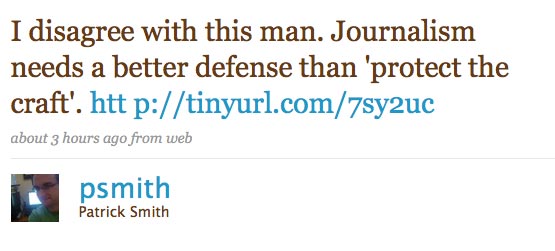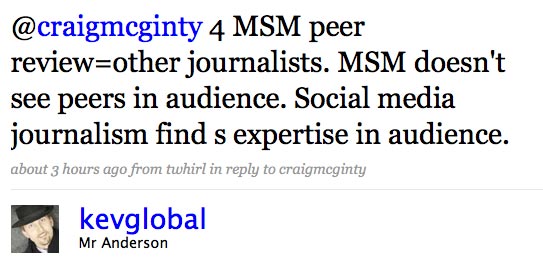All staff at Newsquest’s three Glasgow titles, the Herald, Sunday Herald and Evening Times – bar a handful of senior management roles – have been made redundant and told to reapply for their jobs in a move to cut 30-40 posts.
The announcement follows the appointment yesterday of Donald Martin as editor-in-chief across all three titles.
According to a blog post by Shaun Milne, staff have been put on 90-day notice, as part of plans to integrate the three titles. “[T]he titles will adopt a 24/7 approach from a single operation taking in the web, evening, daily and Sunday titles,” writes Milne (in reference to one of the industry’s worst kept secrets this year…)
The announcement comes as BBC Scotland said it would axe 70 jobs, including an expected 20 from news and current affairs – this figure is on top of the 96 redundancies implemented in September, a release from the National Union of Journalists (NUJ) said.
The NUJ chapel at BBC Scotland has sent a letter to controller Ken MacQuarrie protesting against the proposed job losses.
In a release, Pete Wishart MP, SNP Westminster Culture spokesperson, said the cuts marked ‘a sad day for Scottish journalism’.
Commenting on the Herald&Times cuts, Wishart said:
“Any decision that threatens news coverage and quality is clearly troubling and these cut backs are a backward step by the group’s owners.
“When Newsquest acquired these newspapers they made a commitment to develop and invest in them, regrettably those words do not seem to have been backed up by investment.”

